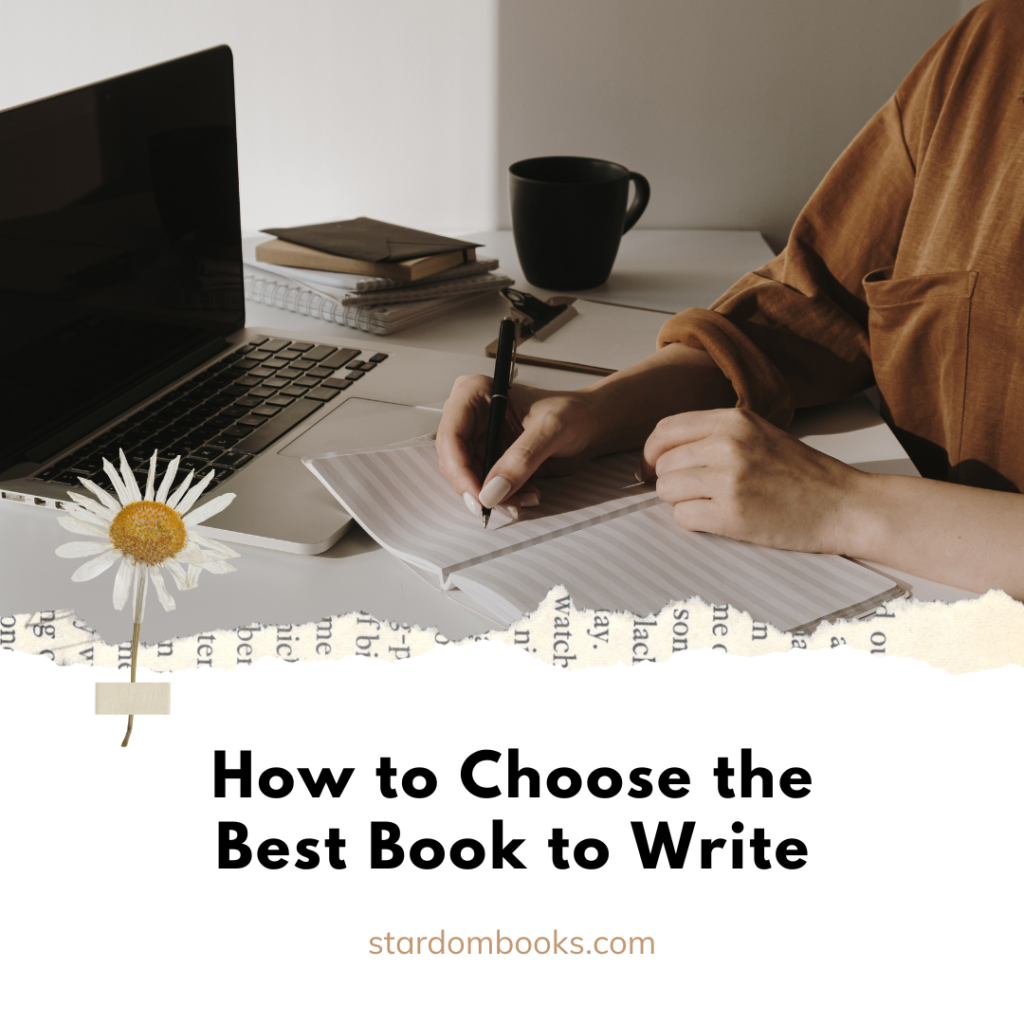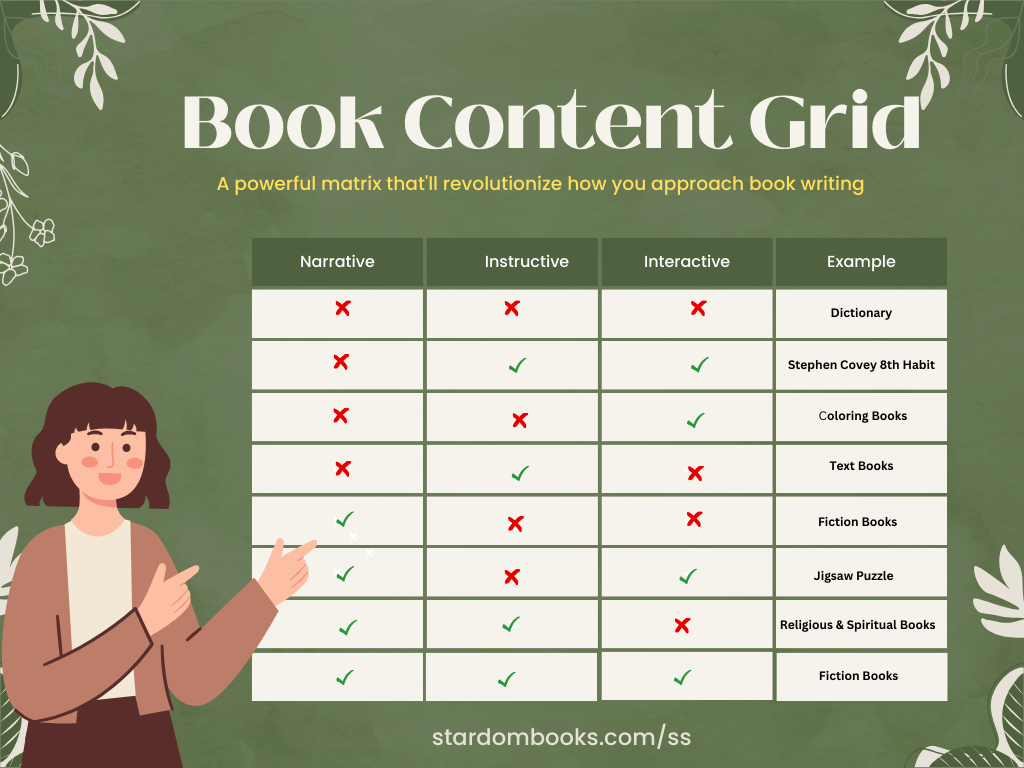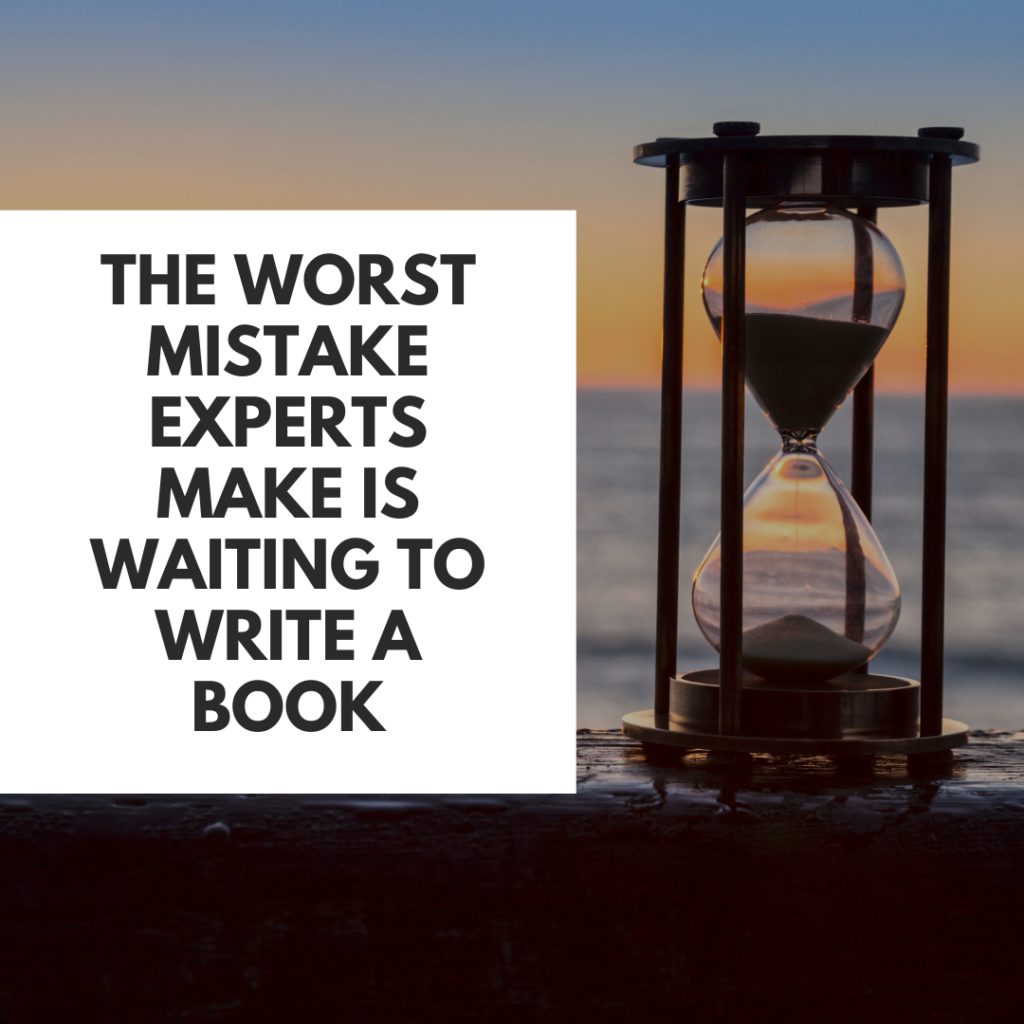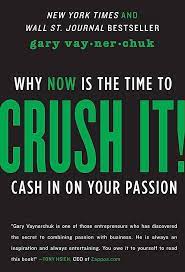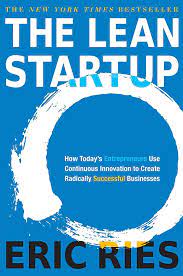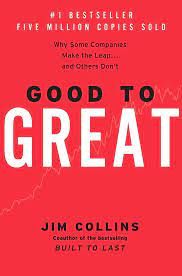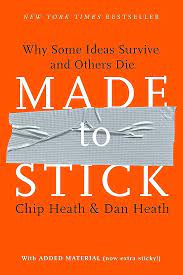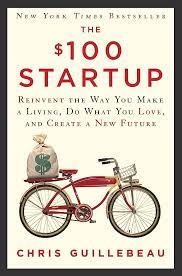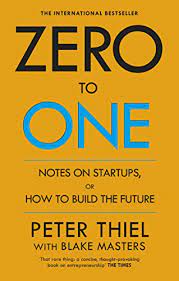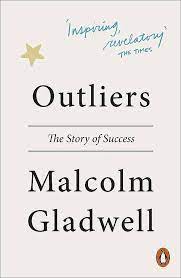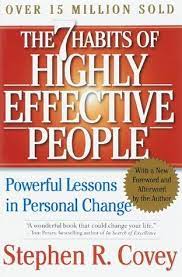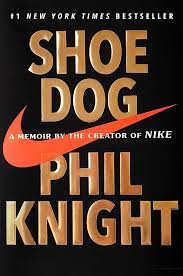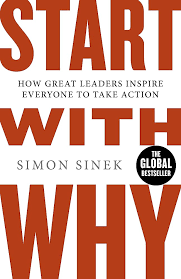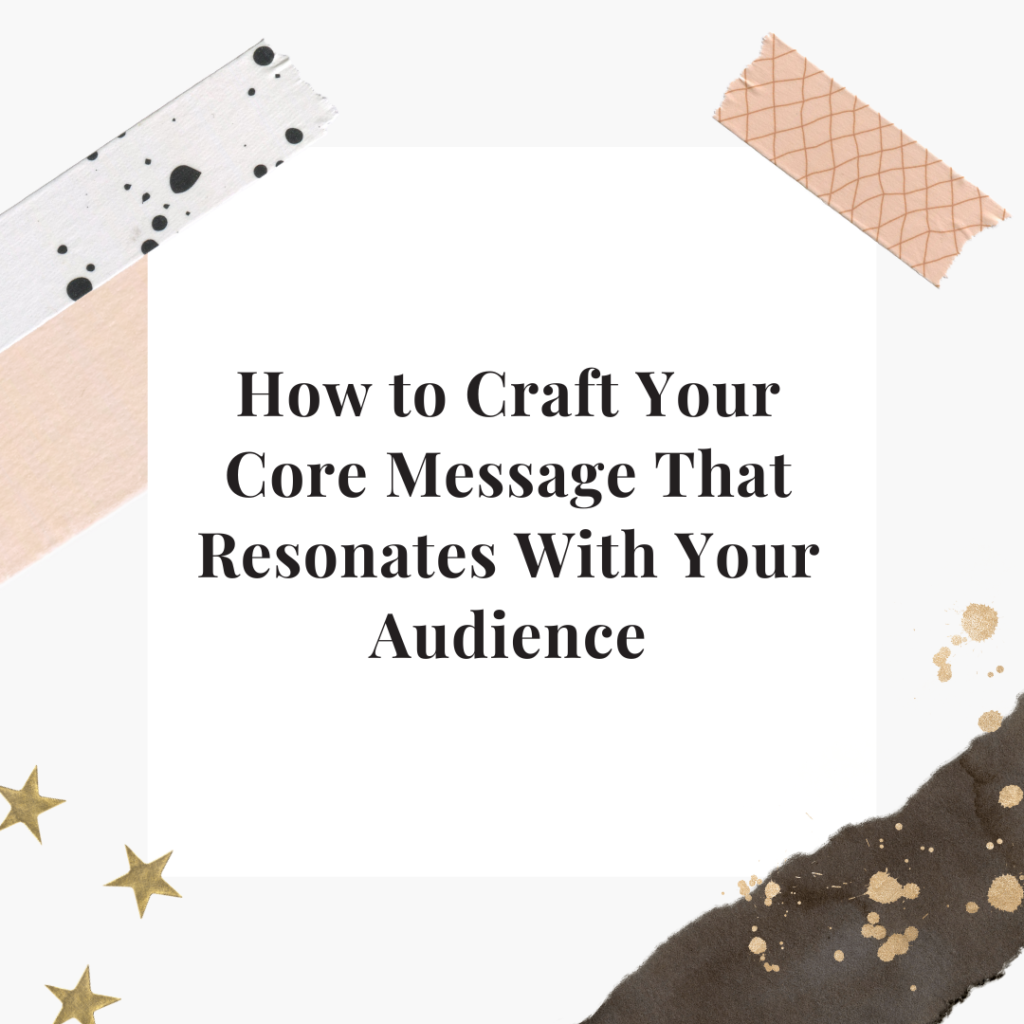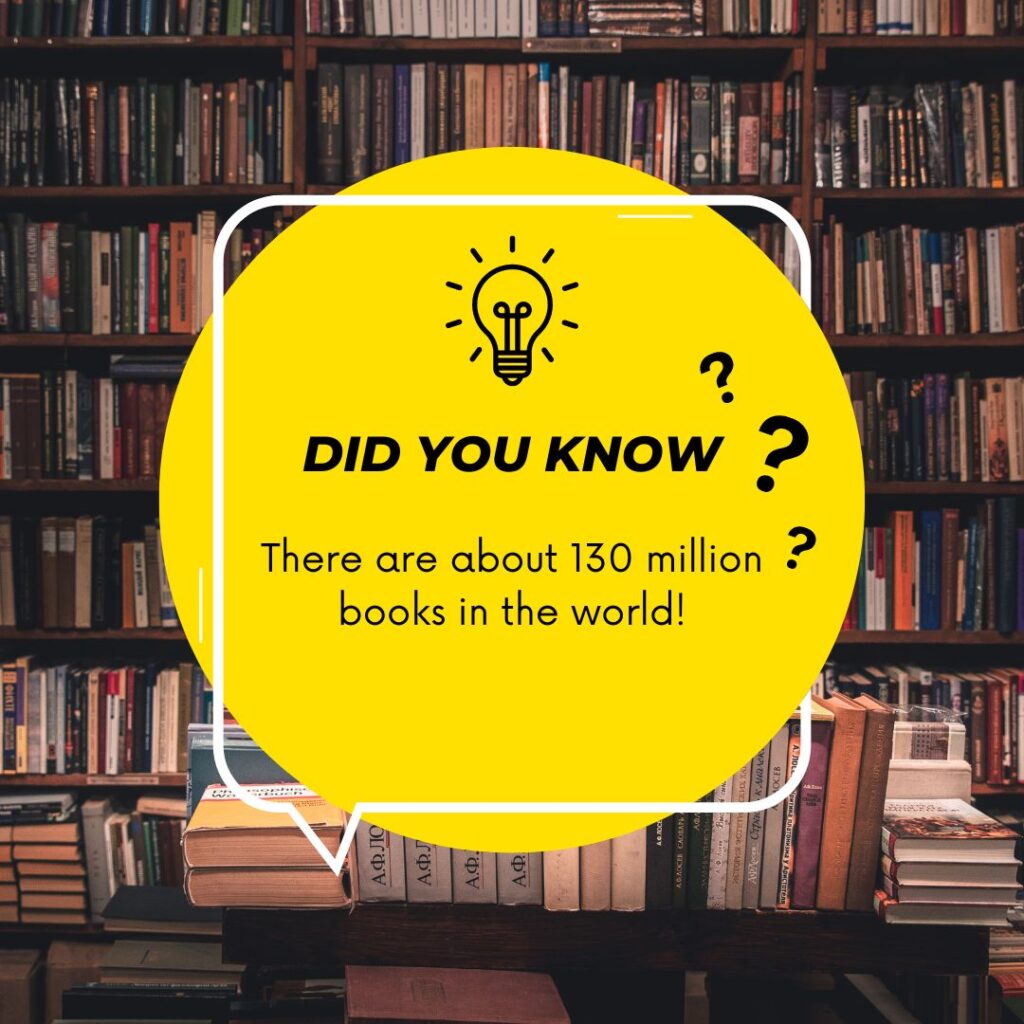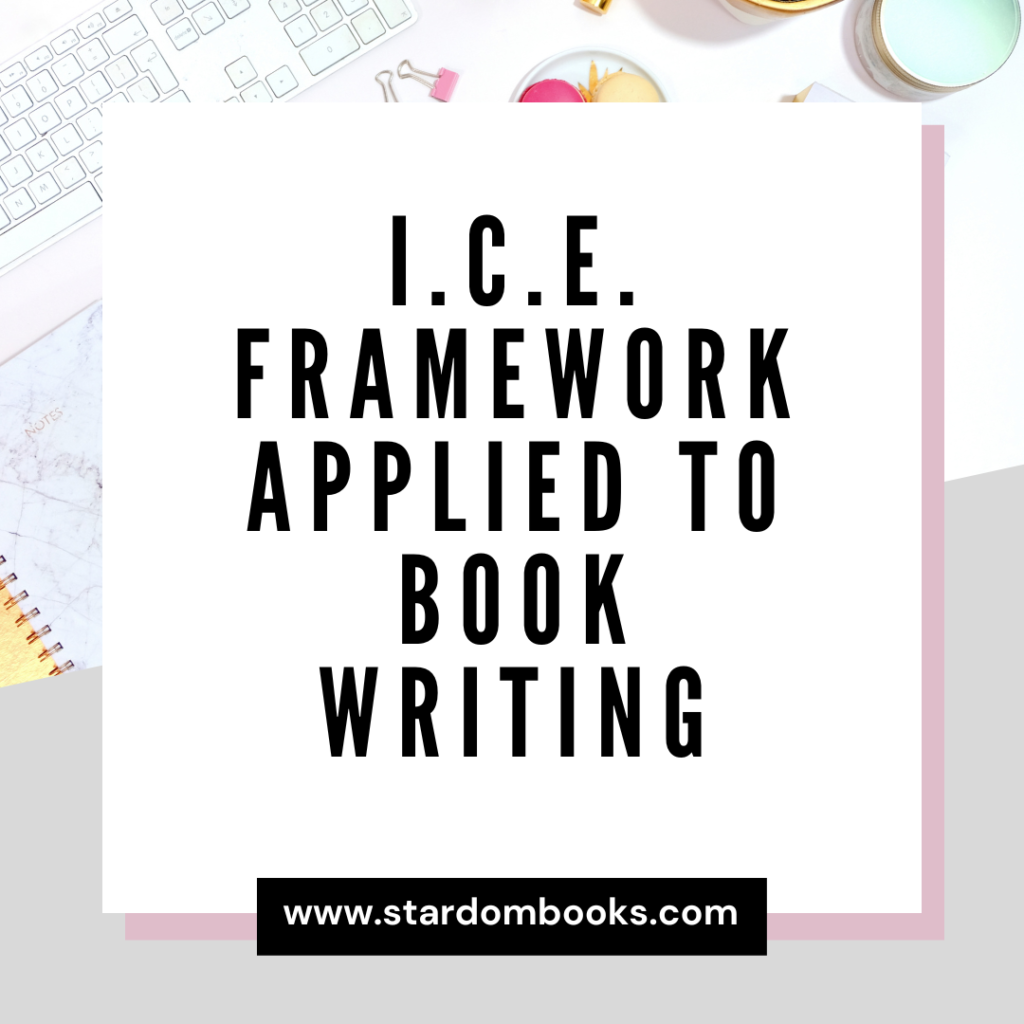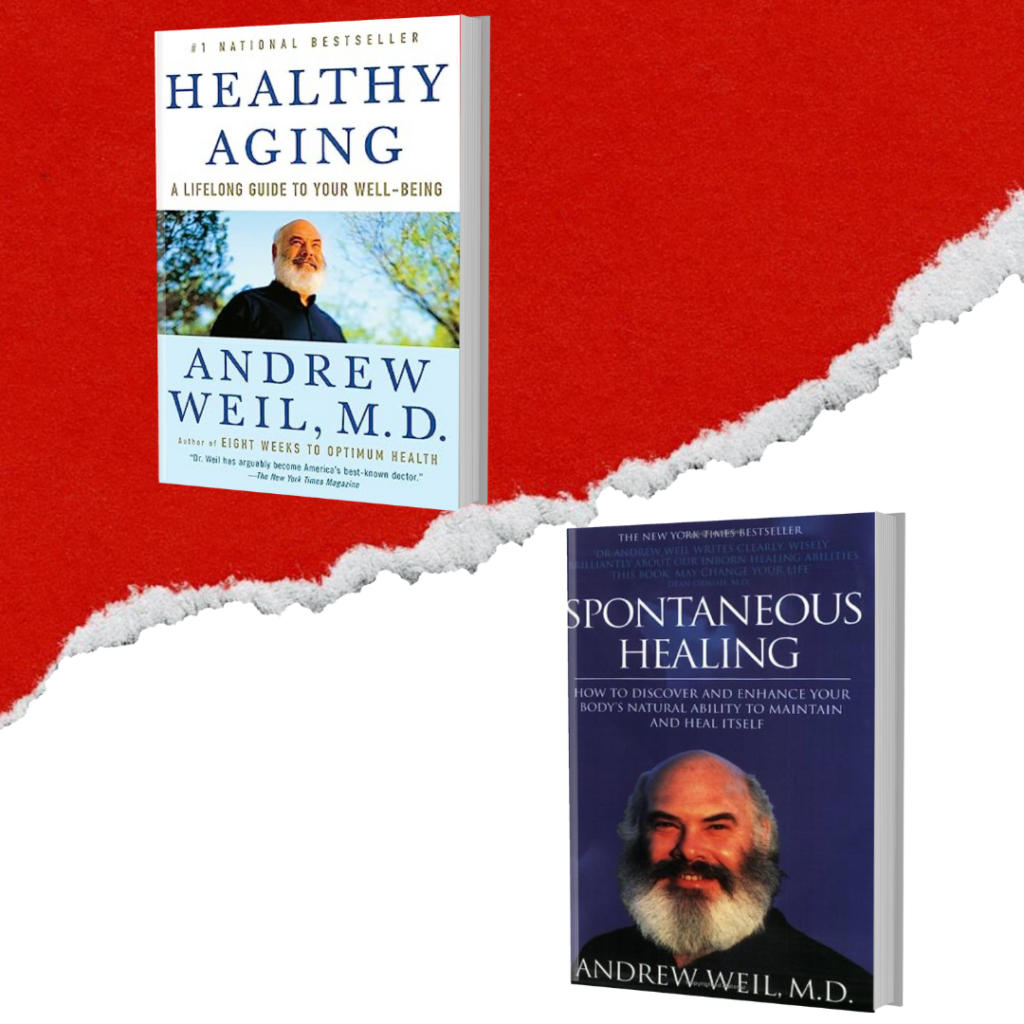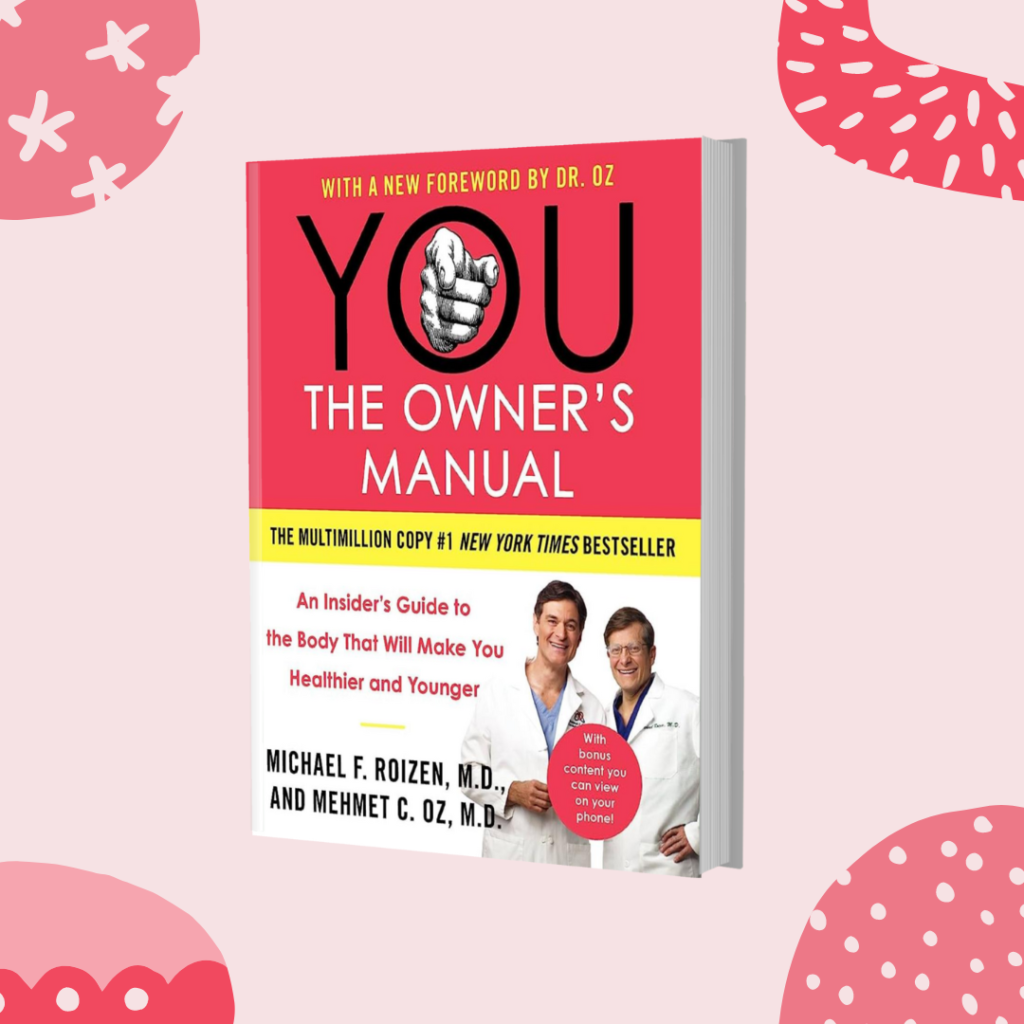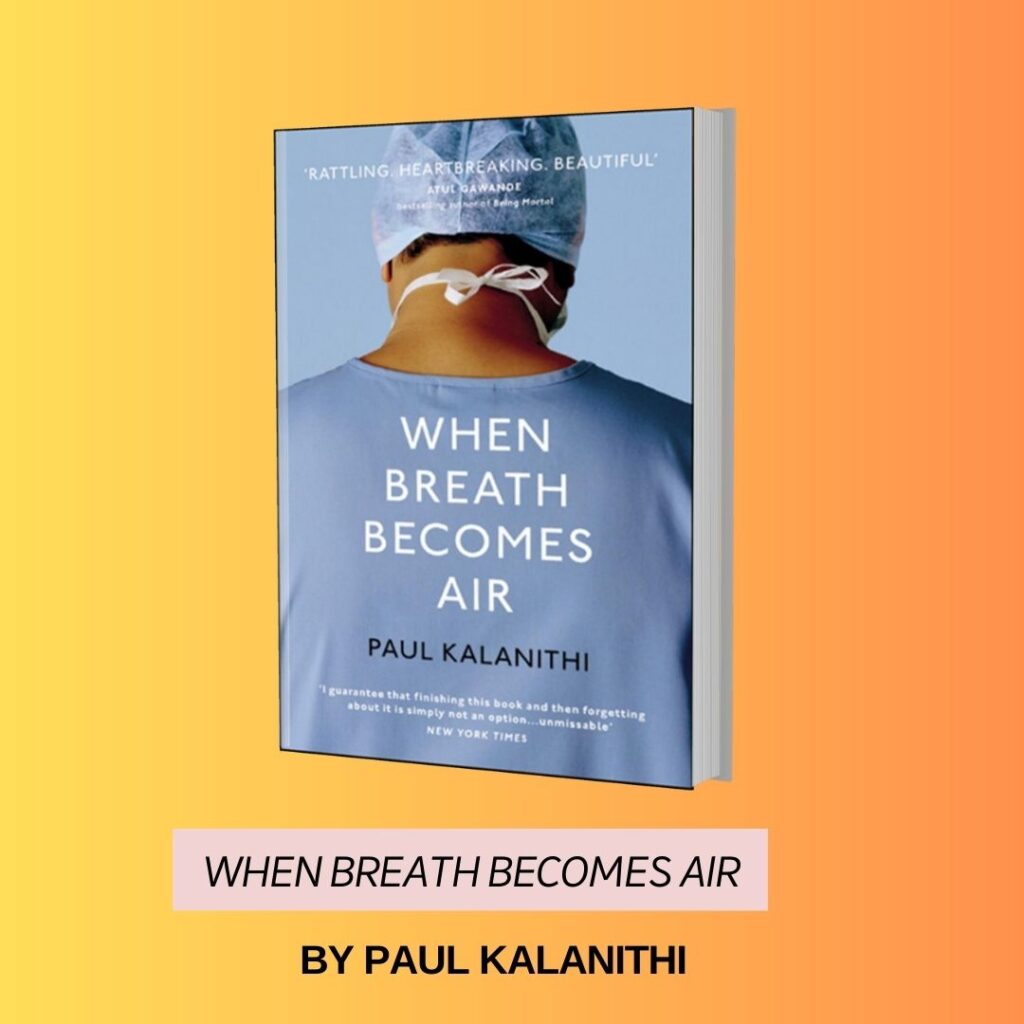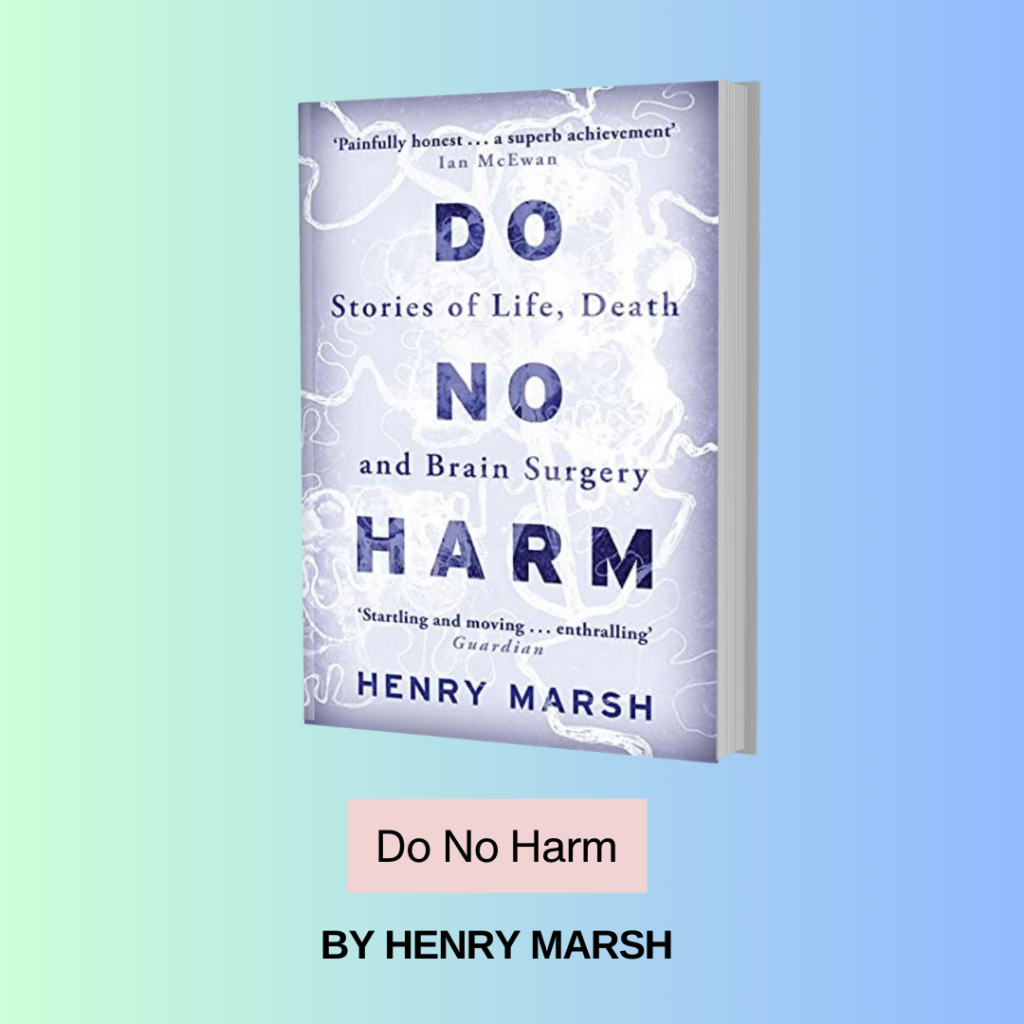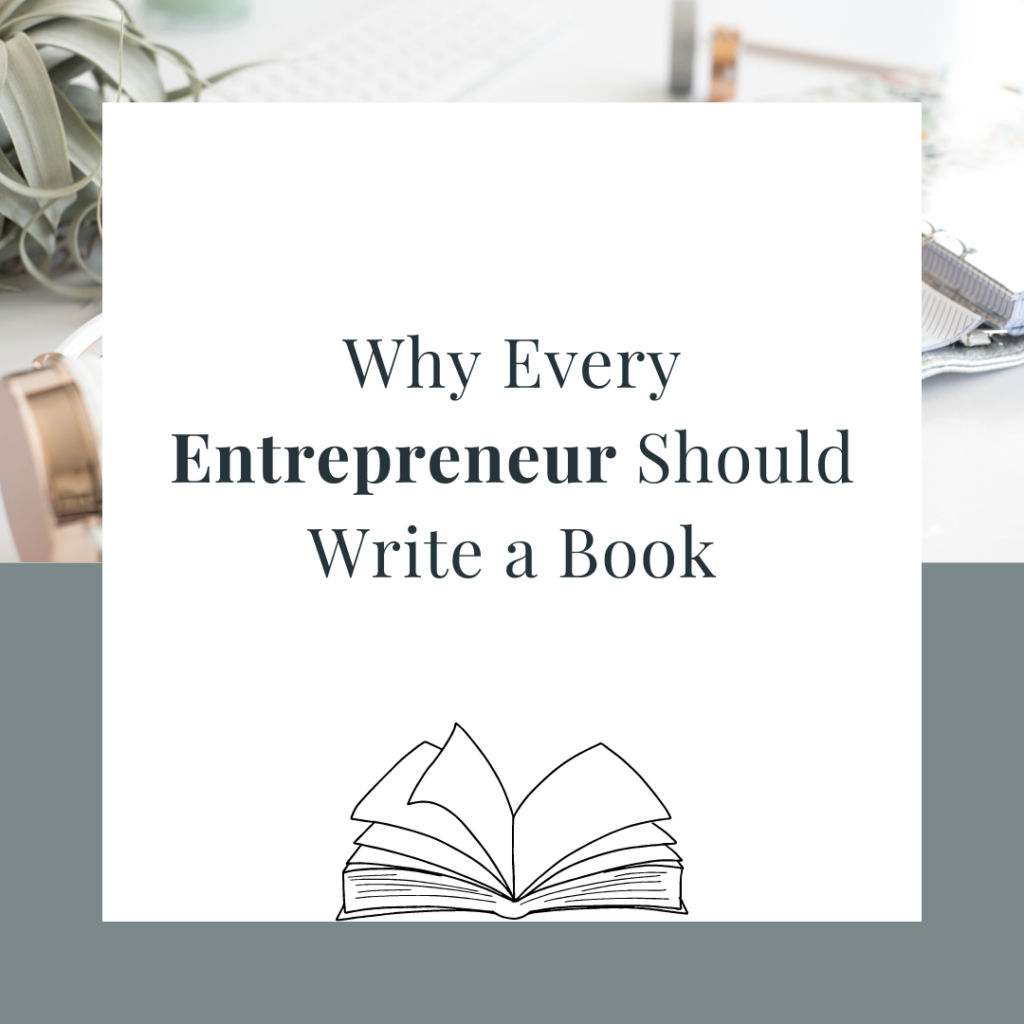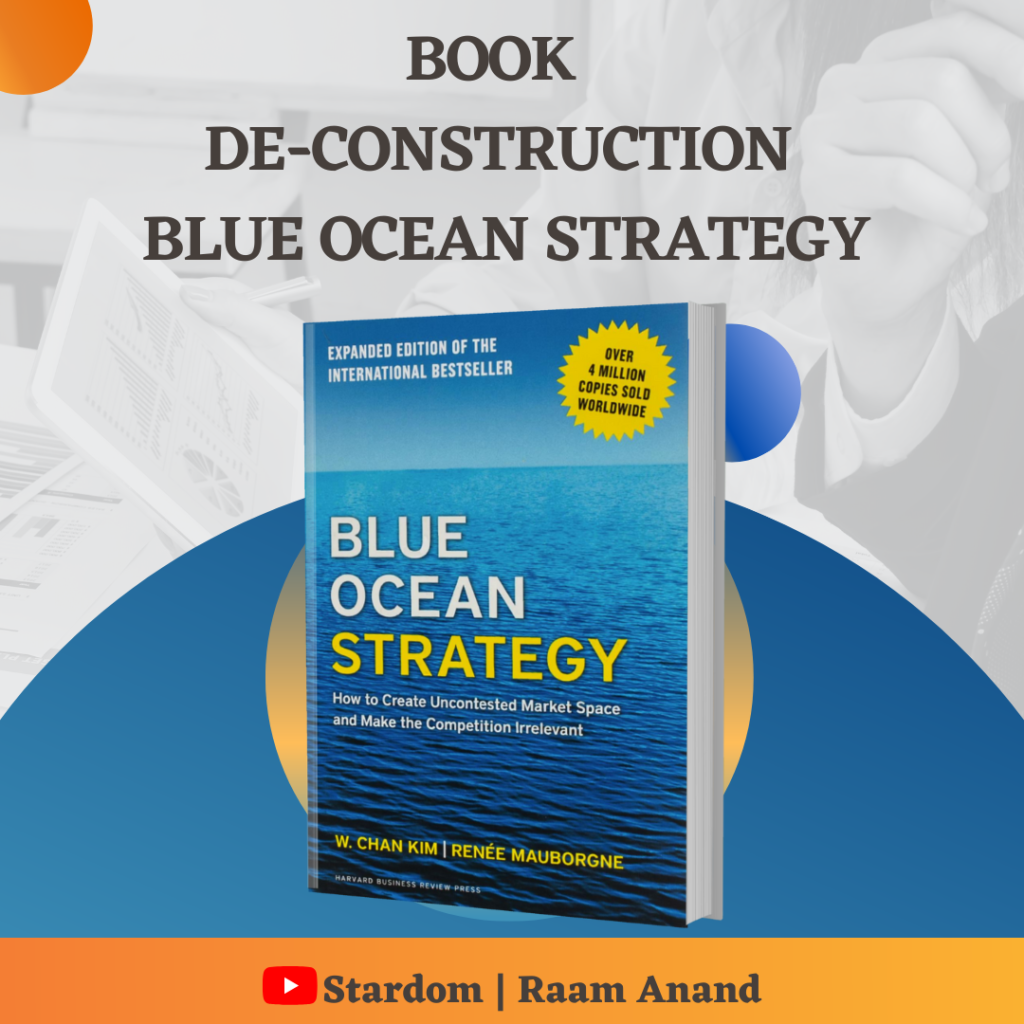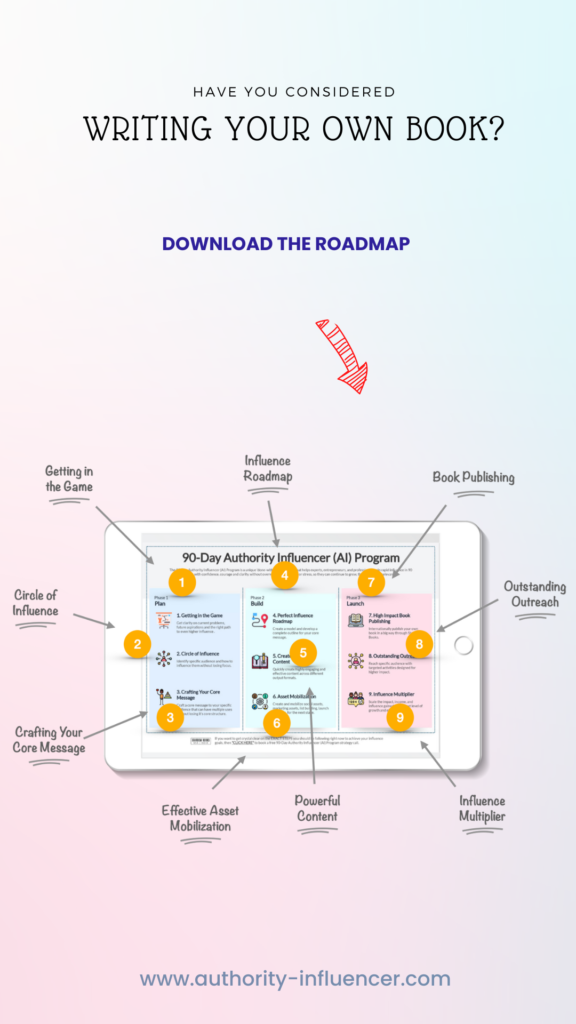Summary
The content highlights the significant influence held by the top 1% in any industry and how writing a book can be a powerful strategy to join this exclusive group.
Raam Anand, a successful publisher, shares the top 10 ways to utilize a book as a strategic tool.
These include:
- Elevating One’s Brand
- Building A Lasting Legacy
- Creating Passive Income Streams
- Establishing Thought Leadership
- Leveraging Networking Opportunities
- Boosting Credibility
- Positioning Oneself as an Expert
- Marketing Tool
- Experiencing Personal Growth
- Attracting New Opportunities
Conclusion:
The conclusion encourages individuals to embrace their expertise and not let self-doubt or procrastination hinder their path to publishing. It also promotes an interactive strategy session available at stardombooks.com/ss to help individuals gain clarity on the viability of their book idea.
Transcript

Importance Of TOP 1% In Any Industry
Have you noticed that the top 1% in any industry are the most powerful, well-known, and most followed?
They get all the attention, get invited to speak, and get featured in the news all the time.
When the media wants to consult experts on any topic, who do they contact? The top 1%.
When people want to do business with the best in the industry! The top 1% again.
Awards, attention, and trust always go to the top 1%.
Well, why do you think this happens? What’s the reason behind all this? It is INFLUENCE, my friend. The top 1% have tremendous influence over the remaining 99% in any industry, field, or niche.
Did You Know
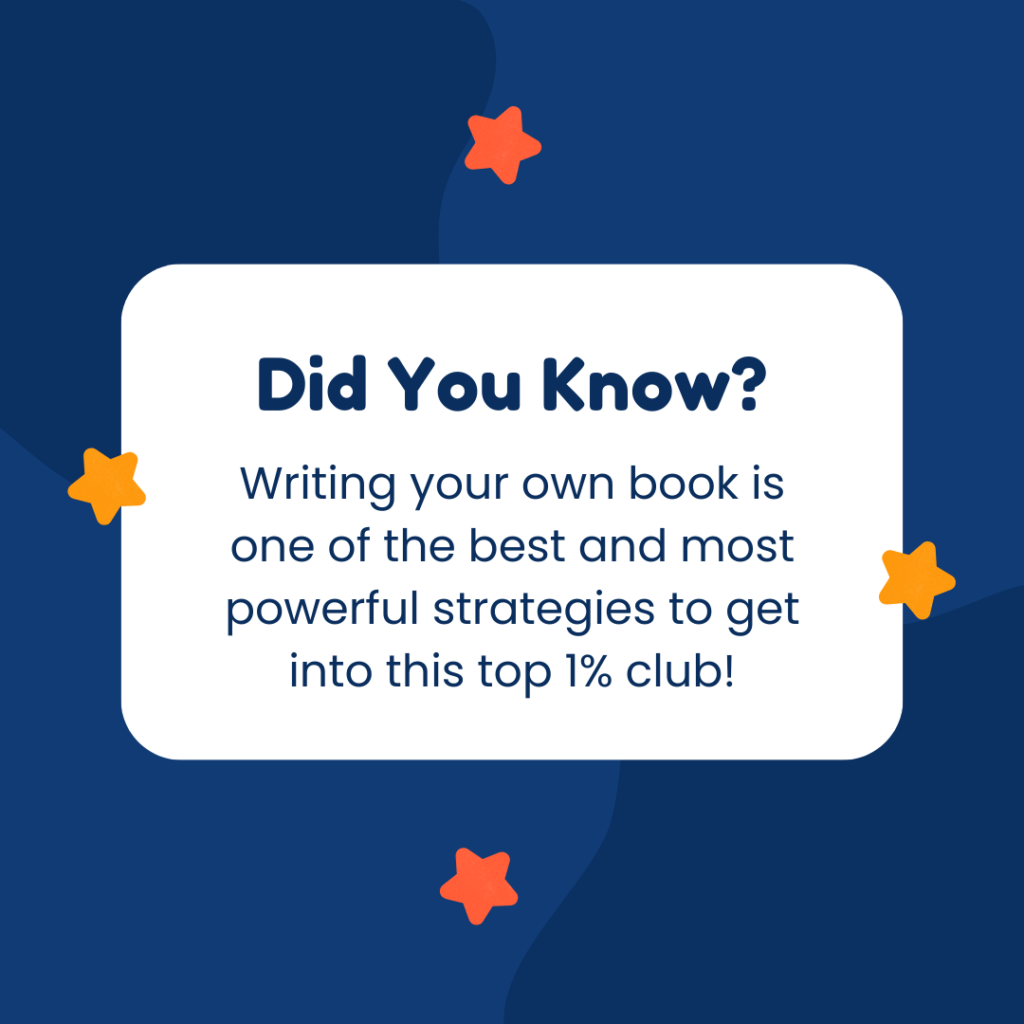
Writing your book is one of the best and most powerful strategies to get into this top 1% club!
Introduction
I am Raam Anand, and I have published over 250 people. Before I tell you how to publish your own book, let me share the top 10 ways to use it as a strategy in the first place.
Top 10 Use Cases for Your Own Book

Brand Elevation
If you’ve ever wanted to stand out in your industry, writing a book is like having an elevated platform. It’s like shouting, “Hey, I’m here, and I know my stuff!” And it’s not just about getting noticed—it’s about establishing a rock-solid reputation in your field.

Legacy Building
Think about this for a moment. Wouldn’t you love to leave a mark on this world that outlives you? A book is like leaving footprints in wet cement. Years from now, it will still show the world your thoughts, passion, and expertise.
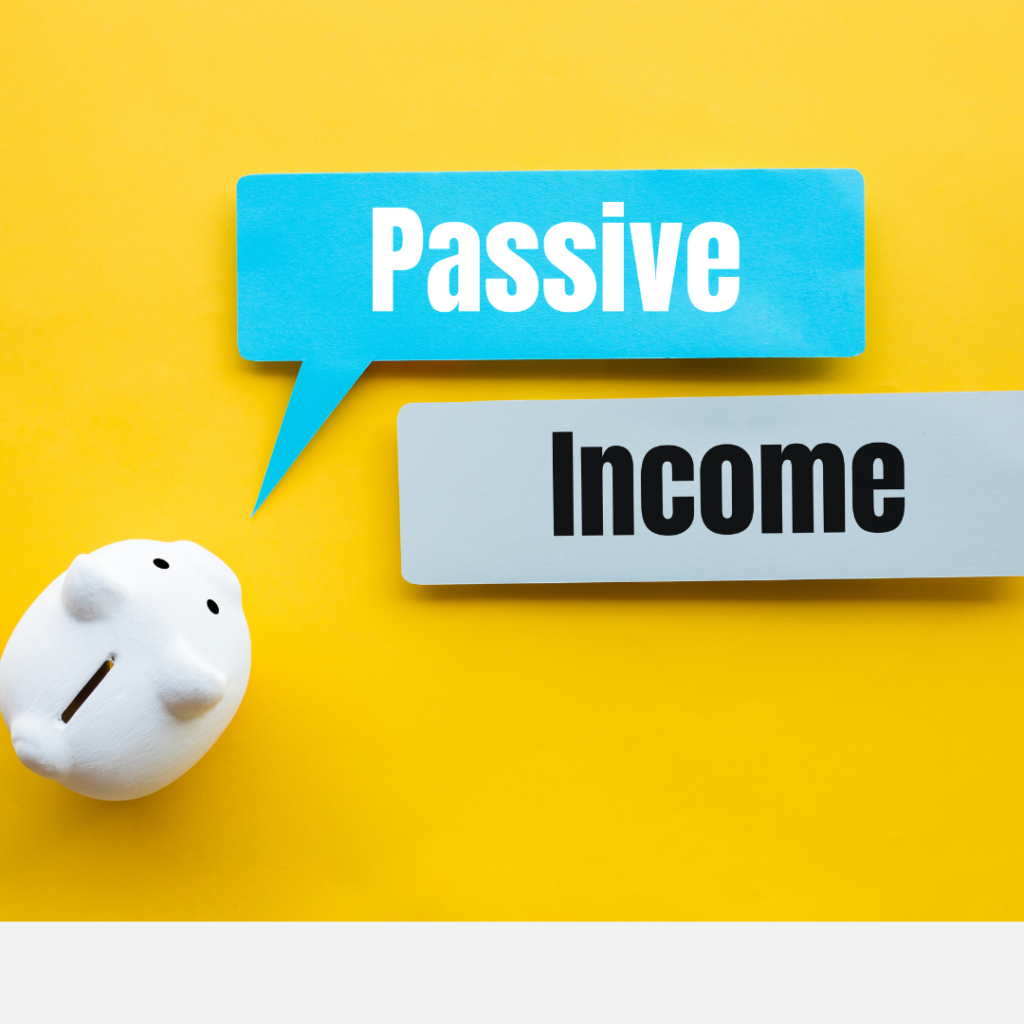
Passive Income Streams
Let’s be honest about the money part. Who doesn’t want an extra stream of passive income?
By having a book, every sale chips into that. It’s like planting a tree and then enjoying its fruits year after year.

Thought Leadership
Remember those industry leaders we look up to and admire? What sets them apart?
More often than not, they’ve shared their unique perspective or methodology in a book.
This is your chance to share your breakthroughs and ideas with the world.

Networking Powerhouse
You’d be surprised by the doors a book can open. Want to meet industry leaders, attend top conferences, or be on popular shows?
A book is like that VIP pass that lets you skip the line.

Credibility Boost
Picture this: two professionals are pitching their services, but one has a book to their name. Often, the scales tip in Favor of the author because a book instantly establishes authority.

Expert Positioning
Everyone wants to work with the best. And writing a book? It’s like getting a badge that says, “Certified Expert!”
It’s a clear signal to clients and peers alike that you’re top-tier in your field.

Marketing & Promotion
Imagine the possibilities! Your book can be that centrepiece in marketing campaigns. Whether it’s book signings, seminars, or workshops, it gives you an array of opportunities to connect with your audience on a deeper level.

Personal Growth
Here’s something personal. Writing a book is not just about the readers; it’s also a journey for you. The research and the introspection push you to grow, refine your ideas, and even see things in a new light.

Attracting Opportunities
New opportunities have a way of finding authors. From business partnerships to speaking gigs, a book is like a magnet pulling all these chances towards you.
Conclusion
Well. These are some ways to use your own book as a strategy. Your book is a beacon of commitment, expertise, and authority in this digital age.
If you’ve ever thought of writing one, now is the moment. Don’t let self-doubt or procrastination hold you back.
The benefits are manifold, and the world is waiting for your voice. Embrace your expertise, and let’s work together to help you publish your book internationally. We’ll even write it for you, with you.
Interactive Strategy Session
Check out our 20-min. Self-assessment (Interactive Strategy Session) at stardombooks.com/ss
It’s free fun, and you will gain complete clarity on whether this idea is good for you.
Book Writing Workshop📕| Write A Non-Fiction Book Now
Have you not written a book yet?
Well, now you can because USA publisher “Stardom Books” has just launched its “Bestseller Bootcamp”.
The world’s greatest book writing program for first-time aspiring authors, growth-oriented experts, and serious leaders.
This is advanced, high-level.
Bestseller Bootcamp is where the world’s top achievers create and publish their own bestsellers.
You can do it too from scratch even if you have never written before.
➡️For More Information https://www.stardompublishing.com/
Is Book Writing A Good Strategy For Me Or Not?
📢Calling all visionary thought leaders, experts, entrepreneurs, CXOs, Doctors, Professionals, Consultants, Coaches & Specialists for immediate action.
👉Don’t miss a chance to revolutionize the way you express yourself to millions around the world.
👉Find out whether book writing strategy is a game changer or dud for you!
⚡️Act swiftly and propel your career to meteoric heights with the power of the written word.
💥 Its free and it’s 20 minutes 🕐
